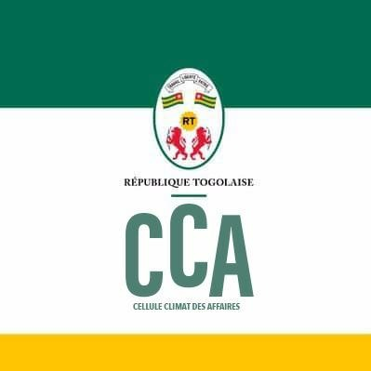Tax Expenditures Cost Lomé Nearly CFA60 Billion in 2019 (Report)

(Togo First) - For the first time, the ministry of economy and finance released, last June, a report assessing how much the State loses as a result of tax exemptions it introduced. In this article, Togo First takes a closer look at the 28-page document elaborated by the Togolese Revenue Office (OTR). The report, authorities said, aligns with continuous efforts to improve governance, especially in the management of public finance. These efforts help position the country as one of the most transparent in terms of budget visibility.
CFA56.9 billion or 10.3 % of tax revenues
CFA56.9 billion. That is how much the Togolese State failed to earn because of tax incentives. These incentives include abatements, reduced rates, exemptions, tax reductions, and special schemes. The amount, according to the tax authority, represents 10.3% of cash earnings and 1.3% of the country’s GDP.
92% of the tax expenditures assessed
The report identified 312 tax expenditures or special provisions in the general tax code, the finance law, the custom code (national and ECOWAS’), the free-trade zone agreement, the investment code, the mining code (national and WAEMU’s), special conventions and other regulatory laws. The five categories of tax assessed are value-added taxes, customs duties, other excise duties, corporate taxes, statistical charges. Based on available data, 290 out of the 312 (92.9%) identified provisions were assessed.
VAT grabs the lion’s share
While most of the identified provisions fall under headquarters agreements, incentives related to the value-added tax (VAT) cost the most in the national budget. According to the OTR (the tax revenue authority), the measures related to this tax cost CFA31.7 billion. Meanwhile, for corporate taxes and customs duties, losses incurred amount to CFA18.3 billion and 5.6 billion respectively.
Trade and industry, the biggest winners
Trade is the sector that benefited most from tax expenditures in 2019. Losses incurred due to incentives introduced in this sector cost the treasury CFA17.1 billion or 30% of the total value of tax expenditures. Again, the biggest share -CFA15 billion- went to VAT-related exemptions.
After trade, sectors that benefited most from tax expenditures two years ago were industry (CFA13 billion or 23.7%) and transport (CFA11 billion or 19.7%). Tax expenditures related to education, health, and social action represent only 1.4% of the overall value of tax expenditures. Agriculture is not better off.
The special provisions profited mainly businesses, which captured two-thirds of the value of the tax expenditures in place over the year reviewed. Next come associations, NGOs, international organizations, and diplomatic representations with respectively 12.8%. Measures targeting households represented only 3.8% or all tax expenditures.
Fiacre E. Kakpo


















